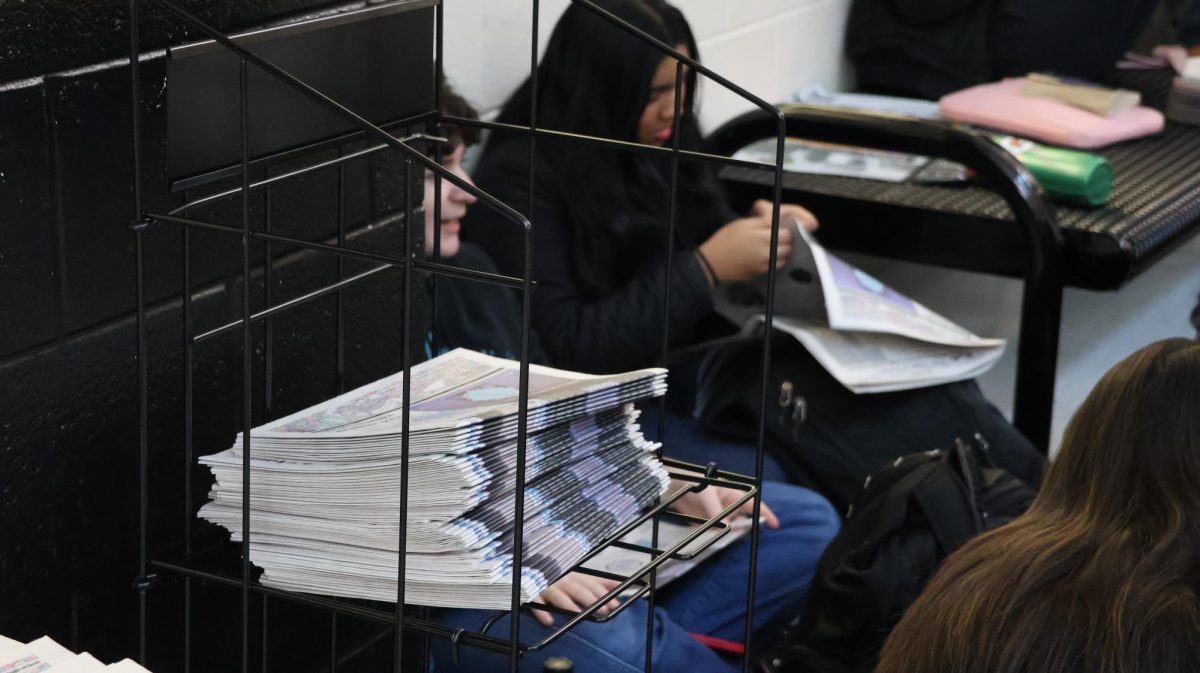For this year’s admission cycle, 1,835 colleges nationwide are maintaining their test-optional application policies. In 2020, the COVID-19 pandemic brought about an unprecedented overhaul of the college admissions process. Due to nationwide testing sites becoming unavailable to students, schools across the United States made standardized test scores, from the SAT or ACT, optional. Many of these schools continue these test-optional policies today.
Despite criticisms of these application policies, remaining test-optional has proven itself to be an effective method to improve applicant diversity and bypass some of the obvious shortcomings of standardized testing.
Historically, standardized tests with the intent to judge applicants’ college-readiness in an equitable way, with both the SAT and ACT claiming their tests to be objective measures of academic achievement and potential. Proponents of standardized testing also claim that without such a system, it would be extremely easy for applicants with higher socioeconomic status and university connections to gain an advantage over other applicants. The tests were designed to level the playing field. However, they have, time and time again, been proven to not be effective.
Standardized testing shows you what students have learned academically, very specifically targeted to a specific subject, but I don’t think that it really demonstrates a student’s overall capability.
— Mr. Jason Colchao
Rather than acting as truly accurate methods of assessing student ability, tests like the SAT exist only as evaluations of a student’s test-taking skills and the test preparation resources they had access to. Students of a higher socioeconomic status are more likely to get higher scores than students of a lower socioeconomic status, as a result of their increased access to up-to-date test-prep material, private tutoring and opportunity-filled educational environments.
“Some people don’t have the time or the resources to be able to do the same things,” sophomore Grace Li said.
Due to the advantages that students of wealthier backgrounds have going into standardized testing, it is easy to see how this limits the diversity of more competitive schools and excludes many Black and Hispanic students, who are disproportionately affected by low socioeconomic status.
However, if schools remain test-optional, and applicants are not required to submit SAT or ACT scores, these students would be provided with more opportunities as a result the lessened weight of the test score. According to an article from Politico, the switch to test-optional admissions resulted in a substantial increase in first-generation applicants to more selective private schools. Minority student enrollment also increased by 10 to 12 percent, demonstrating the potential that these policies have in terms of increasing diversity within higher education.
Test-optional policies also allow for more holistic approaches to admissions. Standardized tests, despite being promoted as meaningful displays of academic ability, can at best only slightly enhance predictions of college success.
“Standardized testing shows you what students have learned academically, very specifically targeted to a specific subject, but I don’t think that it really demonstrates a student’s overall capability,” Spanish teacher Mr. Jason Colchao said. High school grades and strength of course load have always provided the most accurate readings.
Taking the focus away from test scores creates a heightened emphasis on student experiences and character, as well as other achievements that applicants may want to highlight.
“Certain people are better at certain subjects as well as other skills that they have, which are also valuable for college,” Li said.
Ultimately, the test-optional admissions policies that many schools have chosen to continue into this year’s admissions allow students to decide for themselves whether their standardized testing scores are true demonstrations of their academic achievement and capabilities. They help to enforce a more holistic approach to viewing applicants and help to create more diverse learning environments in higher education.
The growing awareness and acceptance of test-optional admissions will only continue to have positive impacts for students and give them more opportunities and decisions as they pursue their academic goals.














